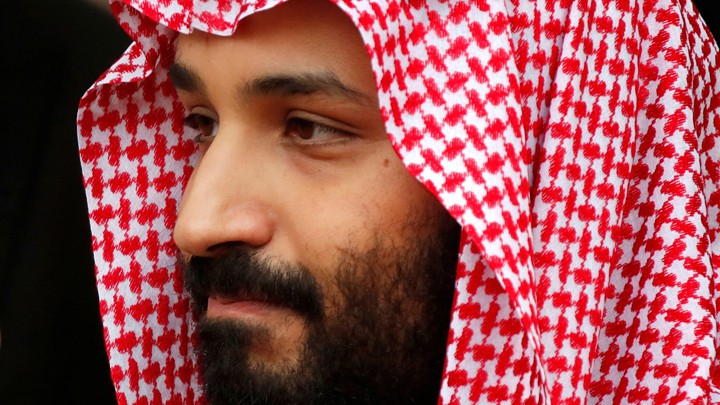
The pace of change, as well as admiring coverage in some precincts of the Western media, has perhaps obscured a crucial question: Can it last? MbS may be the toast of the town now, but he could also become toast, and a trio of Saudi watchers warn that the changes he has put in place could easily be reversed.
Karen Young, a senior resident scholar at the Arab Gulf States Institute, echoed Aldosari’s analysis. “What I hear from Saudis is this is a year and a half looking forward that’s extremely delicate,” she said. “There’s great wanting for something to work, and the UAE feels the same way … but it’s a critical moment right now.”
Even the heralded loosening of women’s right to drive, which took effect this week, is driven by that concern, said Young. “It’s really an economic rationale for the women’s opening. The reason you might want women to drive and to work [is] they’re your best hope at creating a two-income family.”
Activists have viewed the decreased restrictions on women as a bittersweet moment, since many of those who advocated most forcefully for women to drive are imprisoned or living in exile. In addition, Aldosari noted that while the government can change driving laws, women remain subject to strict guardianship laws, meaning that the reality of reform for any individual woman depends on the assent of her male family members.
Despite misgivings about the real depth of reform and rule of law, Malik Dahlan, a professor of law and public policy at Queen Mary University in London, said he is rooting for change to stick.
“I’m not embracing Tom Friedman’s perspective,” Dahlan said with a smile, referring to one particularly effusive take on the crown prince. Nonetheless, he said, “It would be apocalyptically risky for MbS to fail in his reforms. No one can afford it today.”